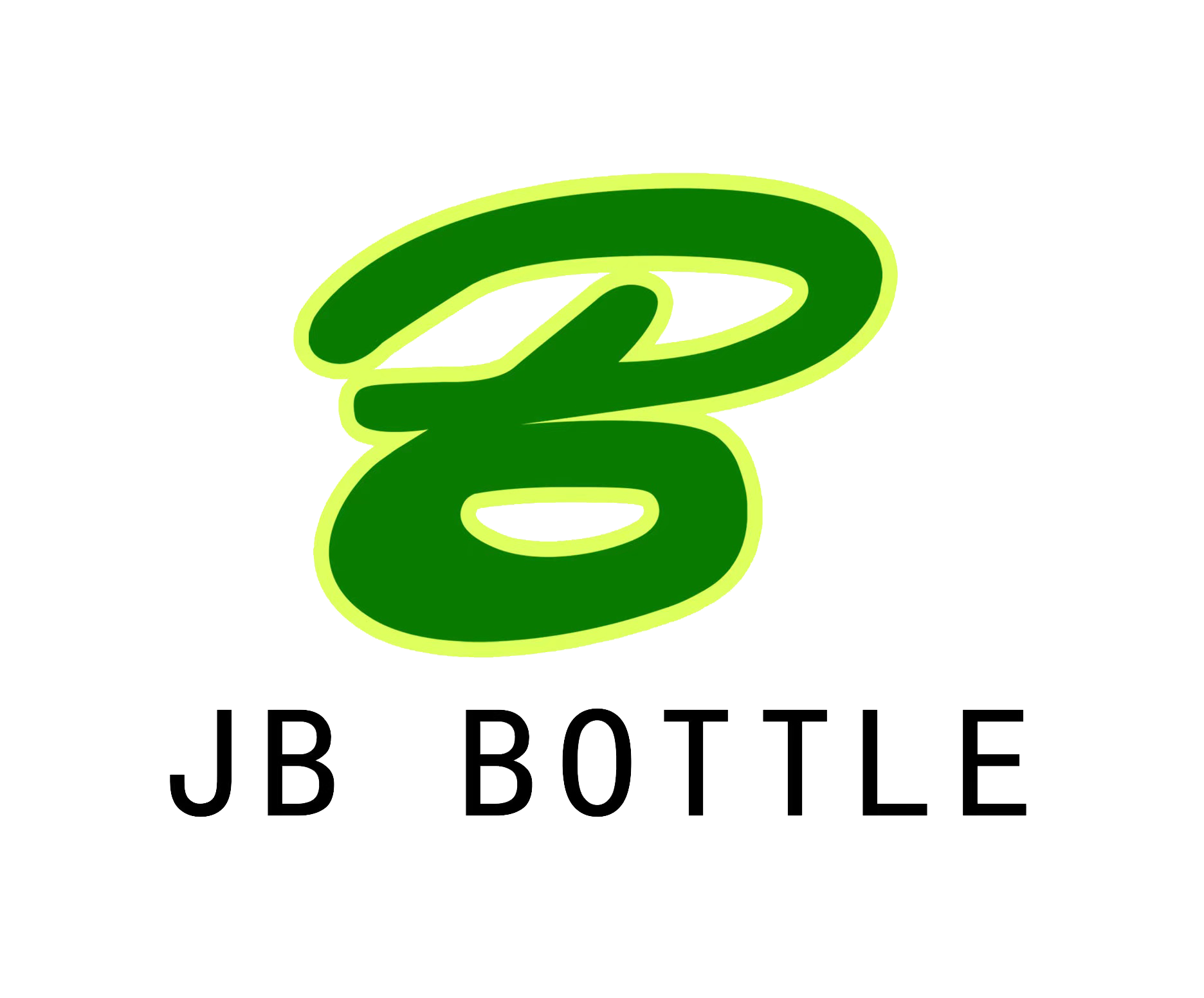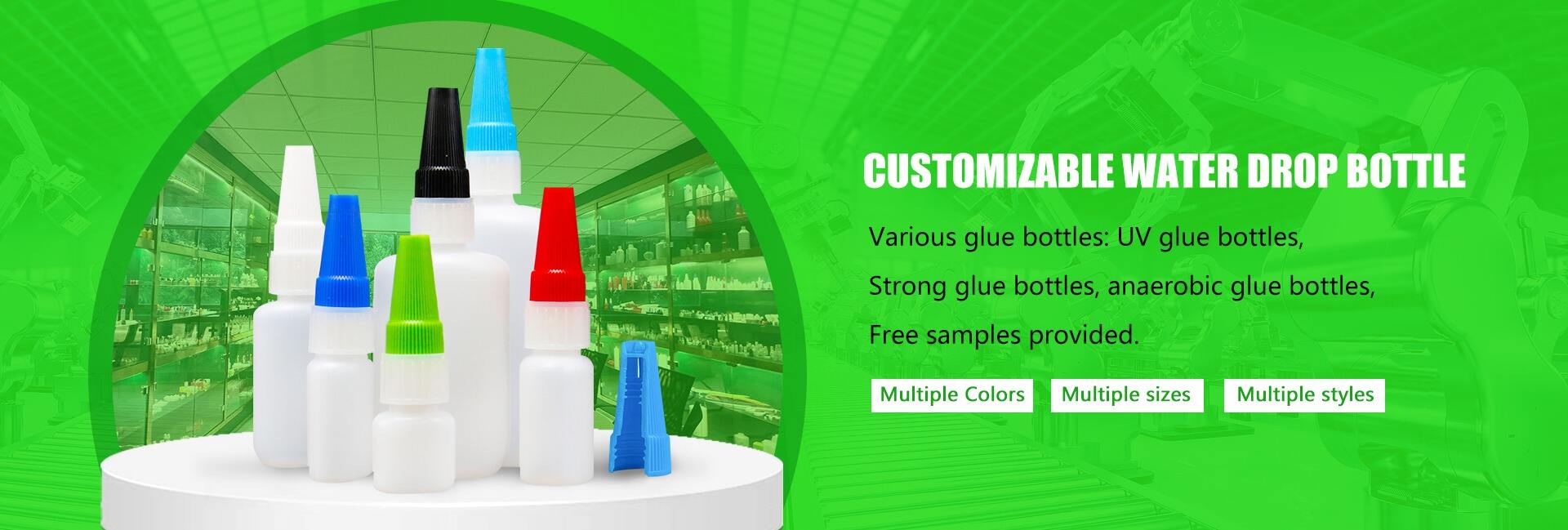Potrzebujesz zapasować oleje eteryczne? Wybierz odpowiednie plastikowe butelki, żeby były świeże i mocne!
Ważność właściwego przechowywania olejków eterycznych
Właściwe przechowywanie jest kluczowe dla utrzymania jakości i efektywności olejków eterycznych. Te złożone związkowanie są wrażliwe na czynniki środowiskowe, a niepoprawne przechowywanie może prowadzić do ich degradacji. Aby zachować ich czystość i moc, konieczne jest stosowanie odpowiednich strategii przechowywania, takich jak kontrola temperatury i ograniczenie narażenia na światło. Prawidłowe przechowywanie obejmuje trzymanie olejków w chłodnym, ciemnym miejscu, co pomaga zachować ich korzyści lecznicze i przedłużyć okres przydatności.
Badania podkreślają negatywne skutki niepoprawnego przechowywania olejków eterycznych, wskazując na spadek ich leczniczych zalet. Zmniejszona moc może sprawić, że olejki eteryczne będą mniej skuteczne, co podkreśla wagę zachowania ich jakości. Używanie pojemników z ciemnego szkła jest kluczowe, ponieważ chronią one wrażliwe olejki przed degradacją wywoływaną przez światło. Ten sposób zapewnia, że olejki eteryczne zachowują swoje aromatyczne i lecznicze właściwości przez dłuższy czas.
Kilka czynników, w tym wilgotność, temperatura, światło i materiały pojemników, znacząco wpływa na jakość olejków eterycznych. Wysoka wilgotność lub temperatura mogą przyspieszyć ich deterioację, podczas gdy narażenie na światło może spowodować zmiany chemiczne. Wybór odpowiednich rozwiązań przechowywania, takich jak ciemne szklane flaszki blokujące promieniowanie UV, jest kluczowy dla utrzymania integralności olejków eterycznych. Te praktyki zapewniają, że olejki eteryczne pozostają skutecznymi środkami naturalnymi i aromaticznymi przyjemnościami.
Najlepsze materiały na butelki do olejków eterycznych
Podczas wybierania materiałów do przechowywania butelek z olejami eterycznymi, szkło zwykle okazuje się lepszym rozwiązaniem, przede wszystkim dlatego, że jest nieaktywne i niereaktywne. Właściwości szkła zapewniają, że żadne szkodliwe chemikalia nie przechodzą do olejów eterycznych, co pozwala zachować ich czystość i integralność. Ten materiał oferuje dodatkowe zalety, takie jak atrakcyjny wygląd i możliwość recyklingu, z możliwością ponownego użycia bez utraty jakości. Te cechy czynią szkło preferowaną opcją dla butelek z olejami eterycznymi, zwłaszcza w przypadku długoterminowego przechowywania.
Porównując szkło z plastikiem, wysokogęstotowy polietilen (HDPE) stanowi bezpieczniejszą alternatywę plastikową; jednakże nie dorównuje skuteczności szkła przy przechowywaniu na dłuższe okresy. Choć HDPE może zapewnić pewną ochronę, zwłaszcza gdy oleje rozcieńczone są przechowywane przez krótki czas, jest mniej efektywne w utrzymaniu mocliwości olejów w czasie. Miłośnicy olejów eterycznych często wolą szkło ze względu na jego niezawodność w zachowaniu jakości olejów.
Podczas wybierania materiałów do magazynowania należy wziąć pod uwagę kilka czynników, takich jak trwałość, odporność na uderzenia i potencjalne interakcje chemiczne z olejami eterycznymi. Decyzja o wyborze danego materiału powinna więc opierać się na tych czynnikach, co podkreśla wagę zrozumienia właściwości i ograniczeń każdego typu materiału. Zapewnienie właściwego wyboru materiału butelki jest kluczowe dla zachowania wartości leczniczej olejów eterycznych.
Poznanie opcji butelek plastikowych
W przypadku butelek plastikowych na oleje eteryczne dostępnych jest kilka opcji, w tym poliprop烯 (PP), polietilen wysokogęstotowy (HDPE) i polietilen niskogęstotowy (LDPE), przy czym PP jest zwykle uważany za jedną z najbezpieczniejszych opcji. Te plastiki ceni się za zdolność oporu wobec reakcji chemicznych z olejami eterycznymi. Konkretnie PP jest często wybierane, ponieważ ma wysoki punkt topnienia i doskonały opór na rysowanie pod wpływem naprężeń, co czyni je odpowiednim do przechowywania olejów eterycznych w czasie.
Ważne jest, aby upewnić się, że używane przez ciebie butelki plastikowe są oznaczone jako wolne od BPA, aby zmniejszyć ryzyko wydzielania się szkodliwych chemikaliów do olejów. Bisfenol A (BPA) może negatywnie wpływać na zdrowie, imitując hormony w organizmie, dlatego etykieta „bezpłatna od BPA” jest kluczowym elementem do sprawdzenia. Zrozumienie odporności chemicznej plastiku pomoże zachować jakość i efektywność olejów przechowywanych w nich.
Identyfikacja jakościowych plastikowych butelek obejmuje szukanie cech takich jak szczelne zakrętki, które uniemożliwiają kontakt z powietrzem, który może prowadzić do utleniania i degradacji olejków eterycznych. Ponadto, ochrona przed promieniowaniem UV jest kluczowa, ponieważ promienie UV mogą niszczyć integralność olejków eterycznych. Zgodność z określonymi olejkami pomaga zapewnić, że butelki nie będą negatywnie oddziaływać na ich zawartość, co pozwala zachować свежość i lecznicze właściwości olejków. Dlatego wybór odpowiednich opcji przechowywania, takich jak hurtowe flakoniki na olejki eteryczne, może znacząco wspomóc w utrzymaniu integralności i mocy produktów z olejkami eterycznymi.
Najlepsze Plastikowe Butelki do Przechowywania Olejków Eterycznych
Podczas wybierania plastikowych butelek do przechowywania olejków eterycznych, ważne jest skupienie się na某些 kluczowych cechach. Idealna plastikowa butelka powinna mieć ciemny kolor, aby chronić olejki przed szkodliwym światłem UV, które może spowodować ich deterioację w czasie. Ponadto, solidny mechanizm szczelności jest niezbędny, aby zapobiec utlenianiu i zachować jakość olejku. Brak BPA w materiałach jest również kluczowym wskaźnikiem bezpieczeństwa, chroniąc zarówno olejki, jak i użytkowników przed potencjalnymi zagrożeniami zdrowotnymi.
W celu optymalnego przechowywania, recenzje branżowe sugerują wybór butelek od zaufanych marek znanych z jakościowych rozwiązań do przechowywania olejków eterycznych. Te marki zwykle oferują różnorodne objętości, dostosowane do różnych potrzeb, czy to dla użytku komercyjnego, czy osobistego. Jest korzystne poszukiwanie certyfikatów, takich jak bezpieczne materiały bez BPA i stopnia spożywczego, które potwierdzają bezpieczeństwo produktu do długoterminowego przechowywania olejków eterycznych.
Aby utrzymać efektywność olejków eterycznych, warto wybrać odpowiednie rozmiary i kształty butelek zgodne z ich przeznaczeniem. Na przykład mniejsze butelki są idealne do codziennego użytku, umożliwiając szybki dostęp i uniemożliwiając długotrwałe narażenie na powietrze. Większe butelki mogą być odpowiednie do przechowywania olejków bazowych lub zakupów hurtowych. Wybierając właściwe rozwiązanie magazynowe, olejki eteryczne mogą zachować swój zapach i właściwości lecznicze, co gwarantuje, że będą nadal cenną częścią procedur opieki zdrowotnej.
Porady dotyczące bezpiecznego przechowywania olejków eterycznych
Prawidłowe przechowywanie olejków eterycznych jest kluczowe dla utrzymania ich skuteczności i przedłużenia okresu przydatności. Jednym z najważniejszych czynników jest unikanie narażenia na ciepło i światło. Zgodnie z ekspertami w dziedzinie olejków eterycznych, przechowywanie ich w chłodnych, ciemnych miejscach pomaga zapobiec degradacji chemicznej, która może wystąpić w wyniku narażenia na ciepło i światło UV. Na przykład olejki nie powinny być pozostawiane w samochodach ani blisko okien, gdzie słońce może padać na nie bezpośrednio.
Kolejnym ważnym wskazówką jest upewnienie się, że oleje eteryczne są szczelnie zakorkowane. Ekspozycja na powietrze może prowadzić do utleniania, co pogarsza ich jakość z czasem. Dlatego stosowanie odpowiednich technik zakrywania, takich jak zawsze mocno zamykanie wieczek, pozwala zachować właściwości olejów i zapobiec ich parowaniu. Prawidłowe zakorkowywanie trzyma oleje w najlepszym stanie, zachowując ich aroma i właściwości lecznicze.
Na koniec, oznaczanie butelek z olejami eterycznymi zarówno zawartością, jak i datą przechowywania jest kluczowe dla łatwego zarządzania i śledzenia. Ta praktyka nie tylko pomaga w szybkiej identyfikacji olejów, ale również wspomaga w utrzymywaniu najlepszych praktyk zarządzania olejami eterycznymi. Prawidłowe oznakowanie gwarantuje, że używasz swoich olejów w optymalnym okresie, maksymalizując ich korzyści i wykorzystując pełen potencjał swojej kolekcji olejów eterycznych.
Własne rozwiązania do przechowywania olejów eterycznych
Rozwiązania do przechowywania olejków eterycznych w technice DIY pozwalają na stworzenie personalizowanych i efektywnych rozwiązań przechowywania za pomocą prostych materiałów. Wybór pojemników dla Twoich projektów DIY jest kluczowy, ponieważ znacząco wpływa na trwałość olejków. Podczas wybierania tych pojemników ważne jest, aby zapewniały one hermetyczne zakrętki i ochronę przed UV, nawet jeśli tworzysz te rozwiązania samodzielnie. Prawidłowe przechowywanie jest kluczowe, aby zapobiec degradacji i utrzymać integralność Twoich olejków eterycznych w czasie, podobnie jak w przypadku korzystania z profesjonalnych opcji "butelek na olejki eteryczne hurtowo".
Ponadto, codzienne przedmioty domowe mogą być sprytnie wykorzystane do przechowywania olejków eterycznych, co pokazuje, że nie musisz kupować nowych materiałów, aby spełnić wymagania dotyczące przechowywania. Przeznaczając na nowo materiały, takie jak stare szkatułki na biżuterię lub słoiki na przyprawy, konsument może maksymalizować swoje zdolności do korzystania z zasobów i promować zrównoważony rozwój. Upewnij się, że te materiały są odpowiednie, sprawdzając ich skład i uczyniając je hermetycznie zamkniętymi, aby mogły skutecznie pełnić rolę "butelek na olejki eteryczne".
Kreatywne projekty DIY mogą obejmować użycie przekształconych pojemników szklanych, takich jak stare butelki z oliwy lub wina, do przechowywania olejków eterycznych. Przed ich użyciem ważne jest, aby dokładnie je oczyścić i upewnić się, że są one odpowiednie jako "domyślnie dostosowane butelki na oliwę" dla twoich olejków. To podejście zapewnia zrównoważone i przyjazne środowisku rozwiązanie przechowywania, thanks to któremu możesz bezpiecznie i efektywnie zarządzać swoimi olejkami perfumeryjnymi i eterycznymi.


